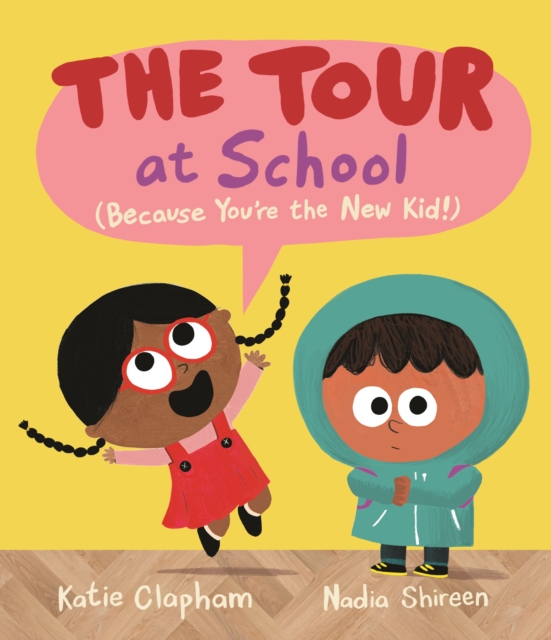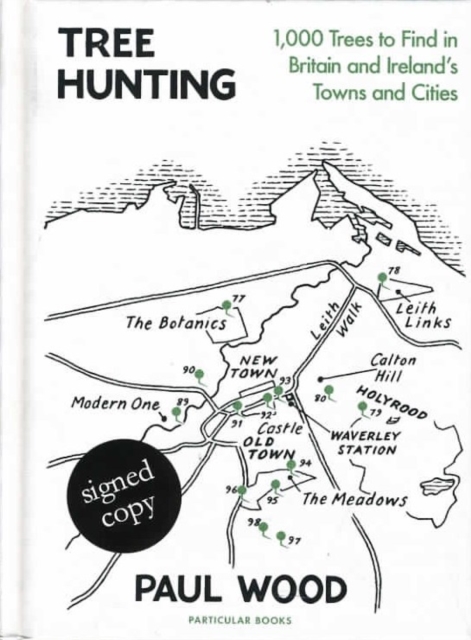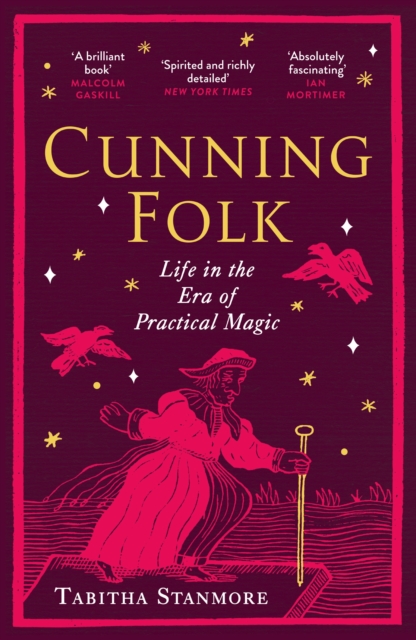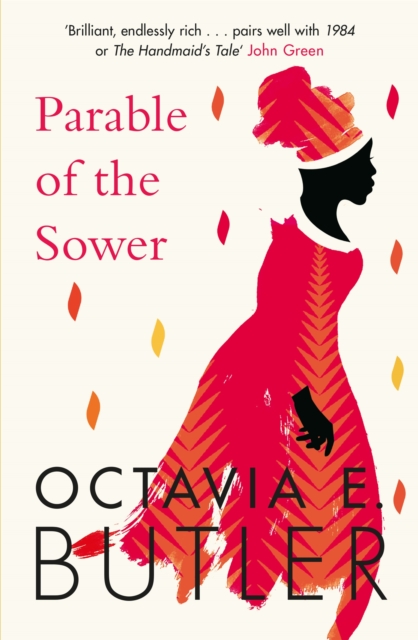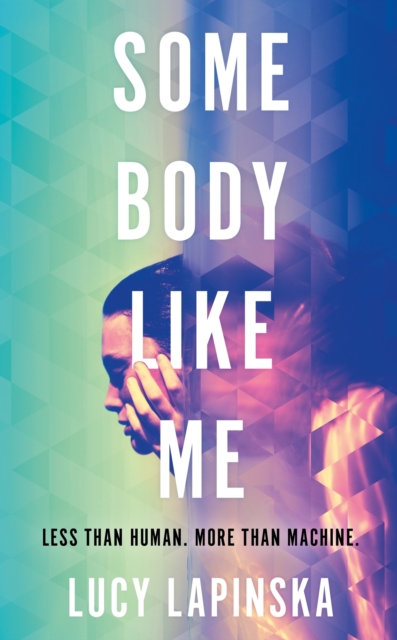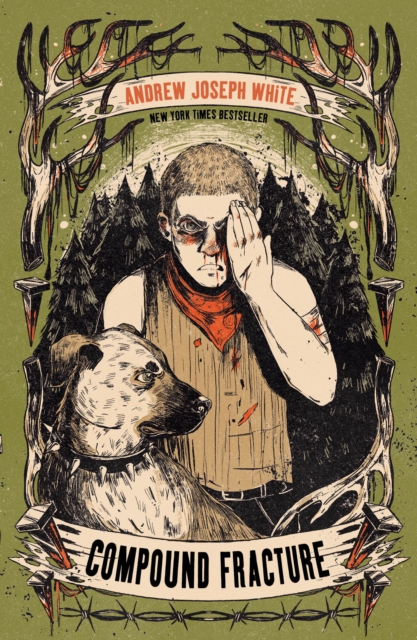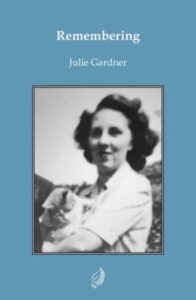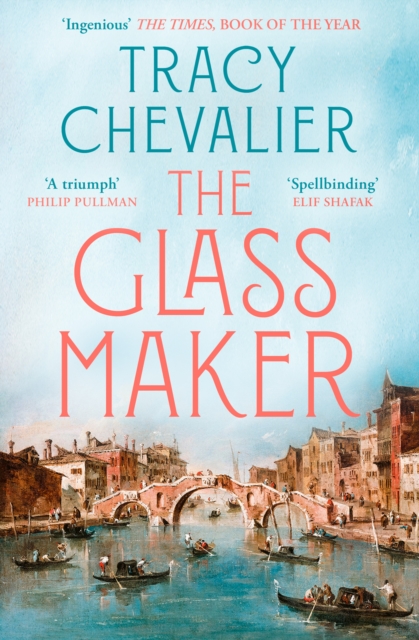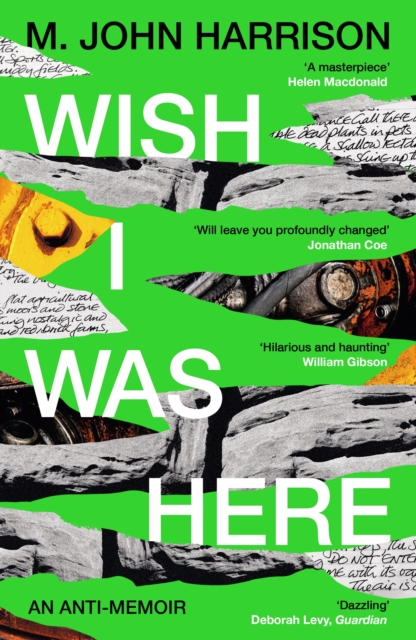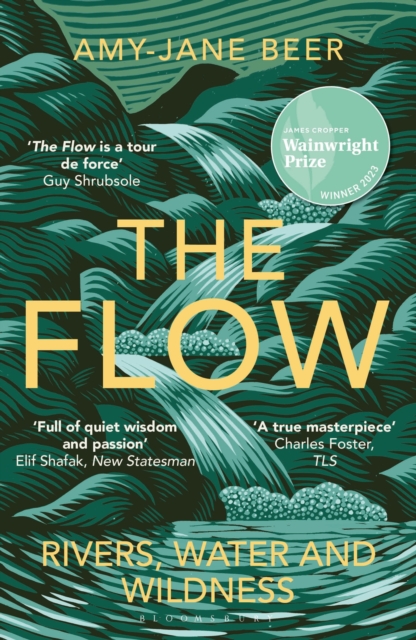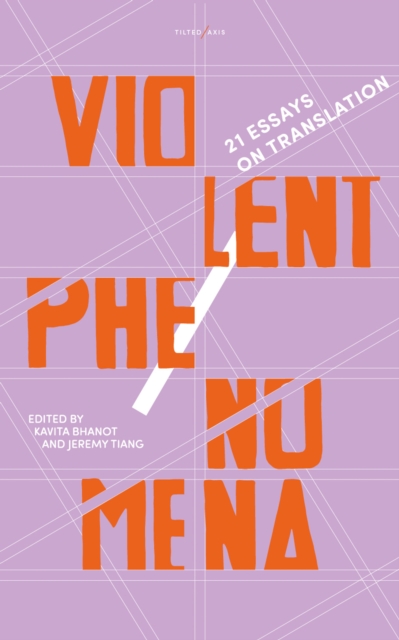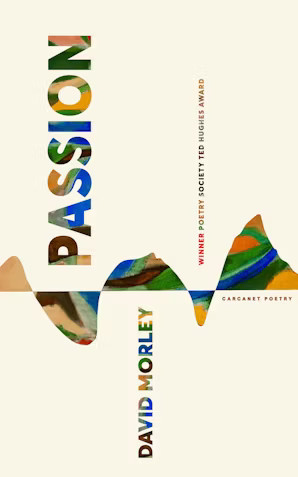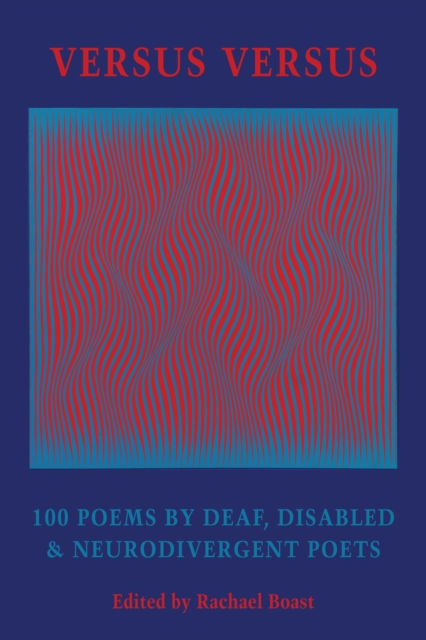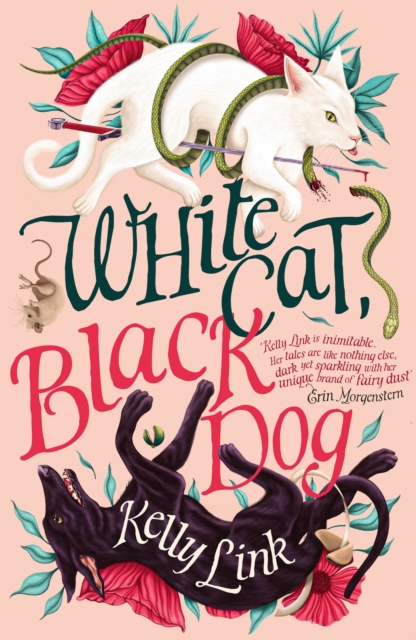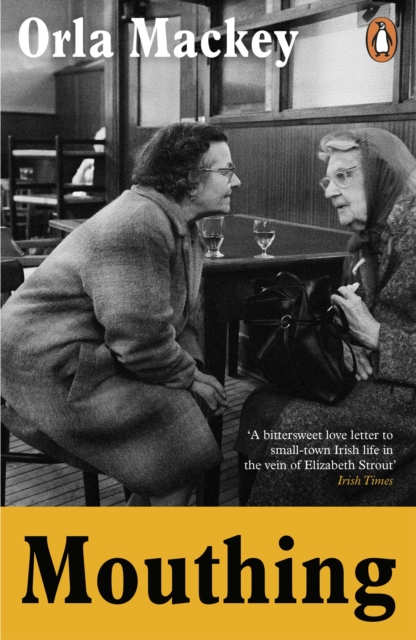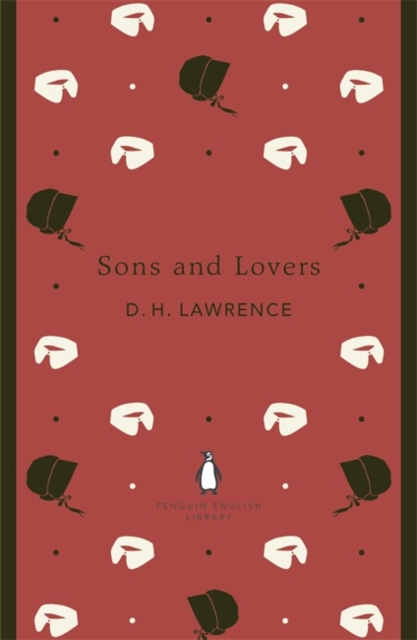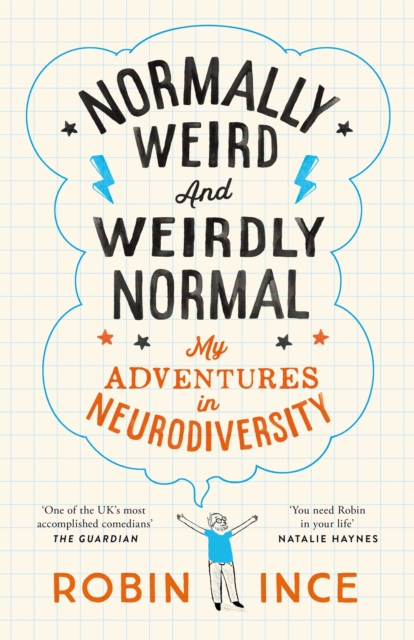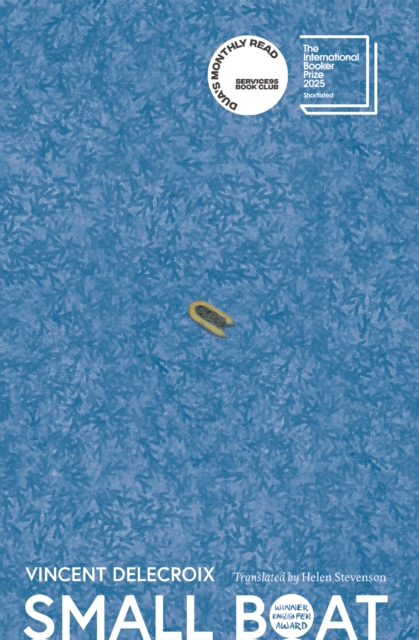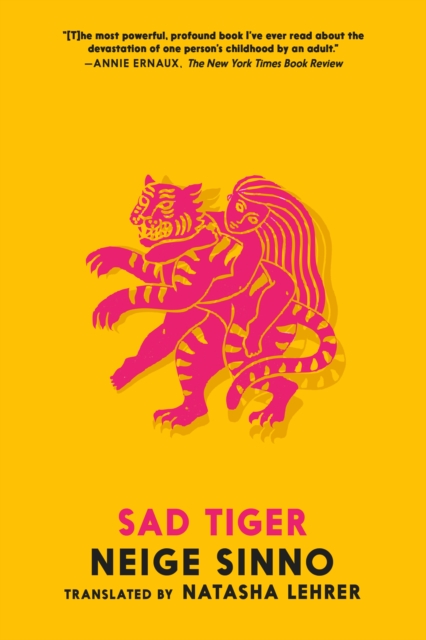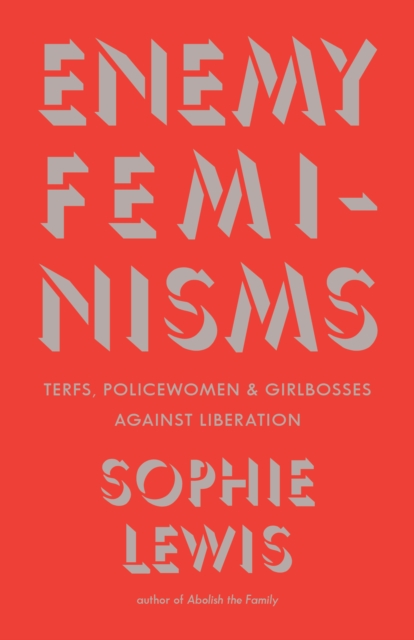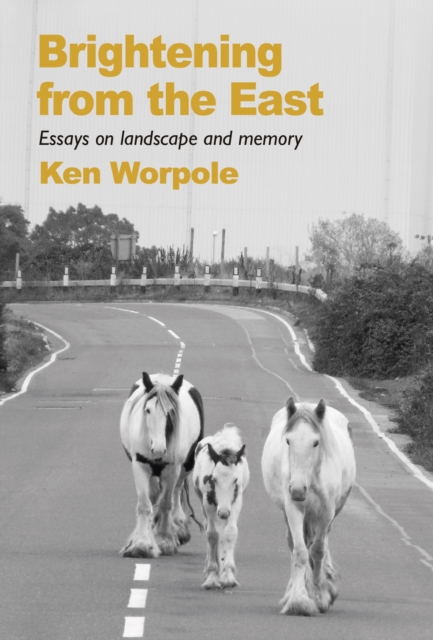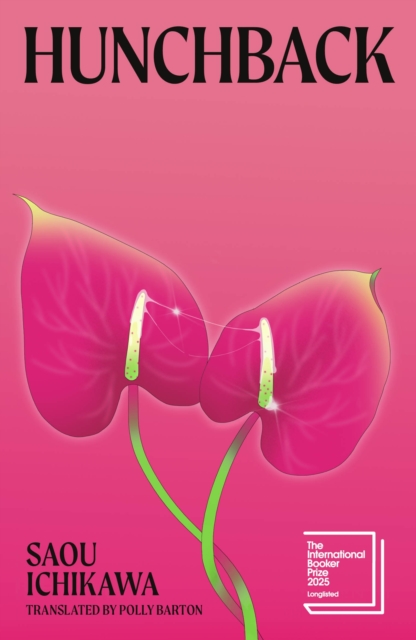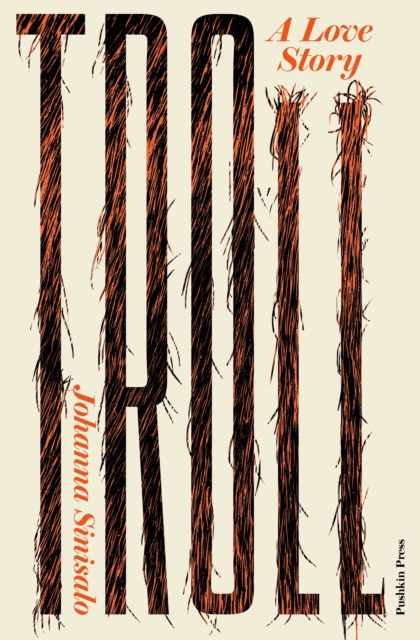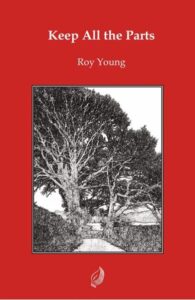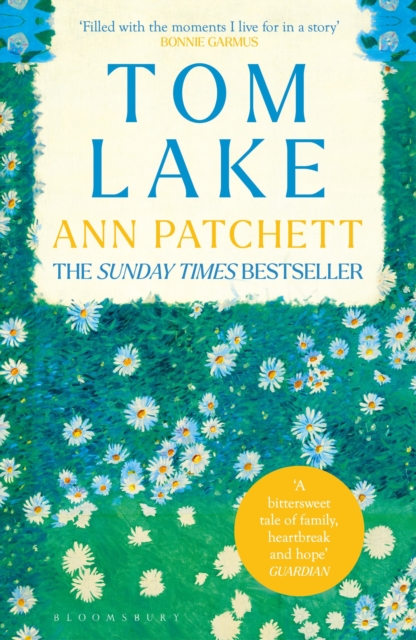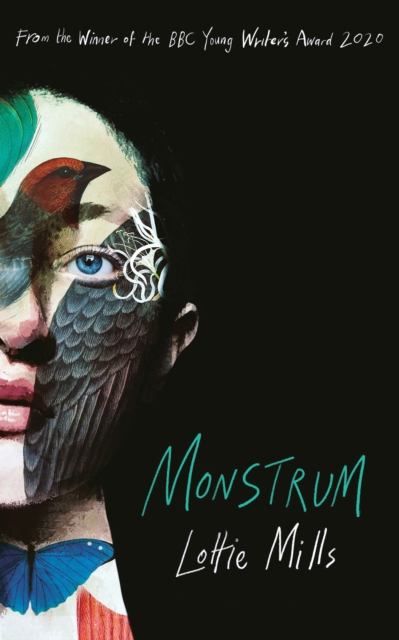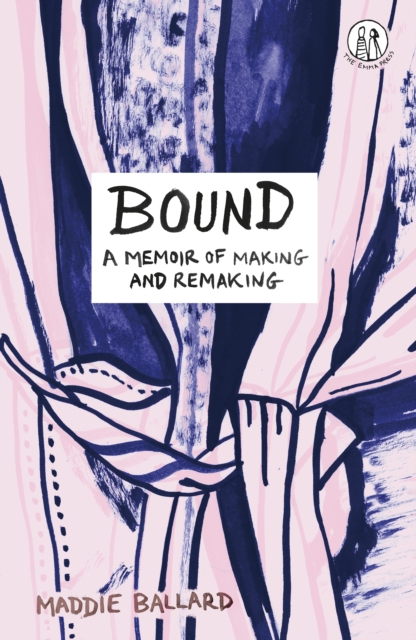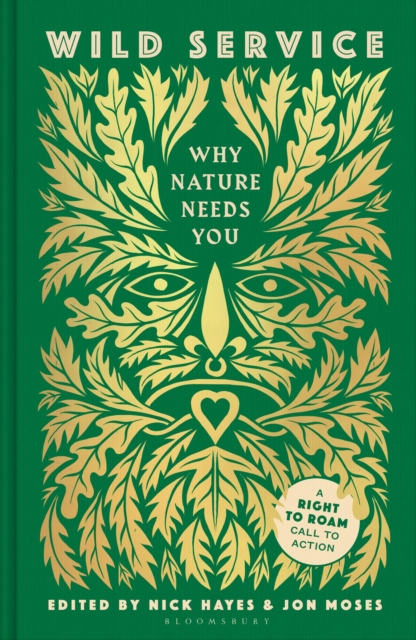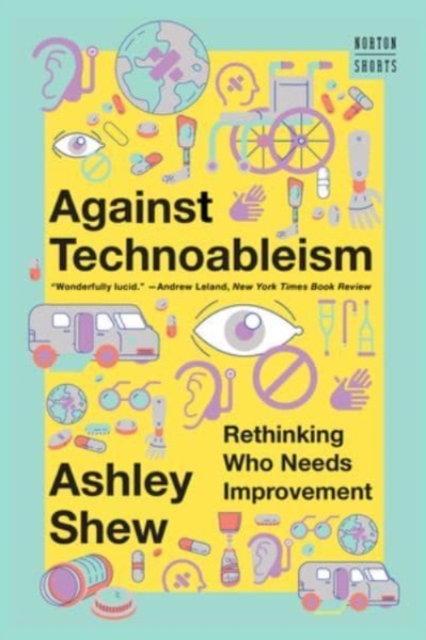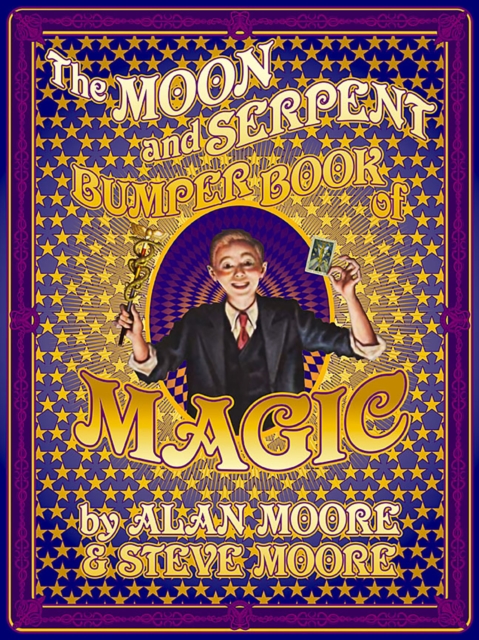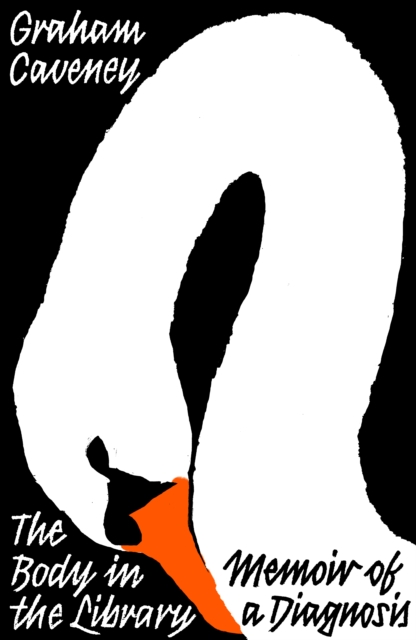John Lucas
Our friend and colleague John Lucas died a few days ago. John and Five Leaves go back a long way, before the bookshop. Indeed, his book England and Englishness was launched at the old Mushroom Bookshop in 1990 and he was a regular at Lowdham Book Festival.
colleague John Lucas died a few days ago. John and Five Leaves go back a long way, before the bookshop. Indeed, his book England and Englishness was launched at the old Mushroom Bookshop in 1990 and he was a regular at Lowdham Book Festival.
John was a novelist, the publisher at Shoestring Press (and Byron Press before that), a jazz musician, a poet, a critic, a memoirist, an academic, a social historian, a lifelong socialist and a cricketer. He wrote on all of these subjects and many more.
John’s Five Leaves’ books included The Radical Twenties: writing, politics and culture (1995); Stanley Middleton at 80 (joint editor with David Belbin, 1999); Poetry: the Nottingham collection (editor, 2005); Things To Say (poetry, 2010); Next Year Will Be Better: a memoir of England in the 1950s (2011); A Brief History of Whistling (with Allan Chatburn, 2013). He also wrote introductions to our Mask of Anarchy (Shelley) and Odour of Chrysanthemums (D.H. Lawrence) and appeared in several of our anthologies.
In 2007 we celebrated his seventieth birthday by publishing Speaking English, edited by Andy Croft, which brought together more than a hundred distinguished poets from four continents who knew John.
He was a regular at the bookshop, as a customer, as a speaker, an MC at Shoestring Press launches and as an author in his own right – last October launching his book The Moon Looks on Them All, a set of essays on friends and friendship. Appropriate, as John greatly valued friendship and was a valued friend to so many. More importantly, John was a devoted husband to the artist Pauline Lucas, and father of Ben and Emma. Pauline’s paintings appeared on many of John’s books and on many Shoestring titles. Pauline also wrote a book on the Nottingham artist Evelyn Gibbs, which we published, and the Lucas house is a veritable art gallery. His last publication was a private pamphlet about the art and artists they collected.
John was forthright in his opinions about politics and other matters – he hated our cover for A Brief History of Whistling! – and was always good company. His memory was near photographic and he could quote many writers from memory – especially his beloved Dickens.
I could go on. Those who knew him will be talking about John and thinking of him, those who didn’t know him will now have a flavour of his life.
We will let you know if there’s a memorial meeting.

